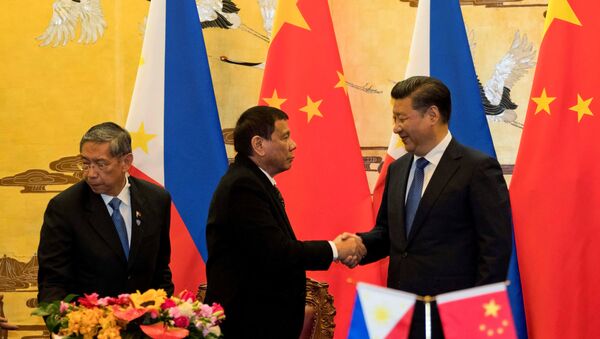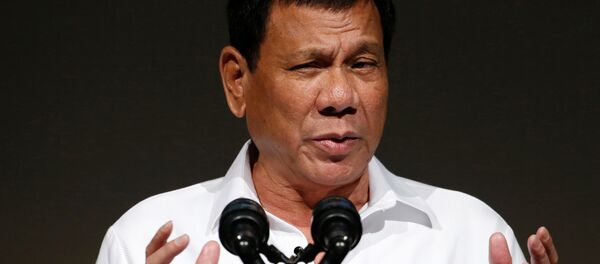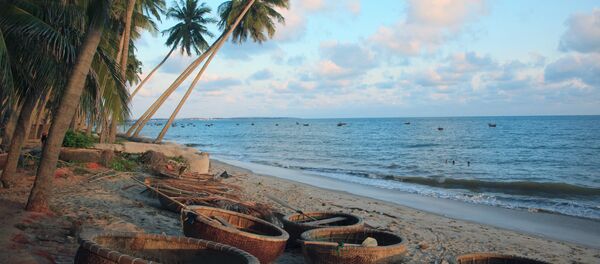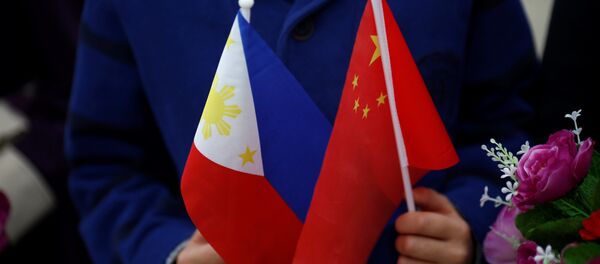According to the recent agreement, CCCC will do the same job in the maritime area, off-shore of the Philippine city of Mindanao. The project includes creation of four artificial islands with a total area of 208 hectares, near the city of Davao. The work is expected to be completed by the end of 2019.
The artificial area will be used for public offices, industrial factories, residential buildings and port terminals.
The Wall Street Journal reported last November that CCCC delayed their IPO at the Hong Kong stock exchange after it was revealed that the company was involved in the project in the South China Sea.
Nevertheless, this fact did not prevent Manila from striking a commercial deal with the Chinese company. The project is expected to create new jobs in the Philippines and stimulate local economy.
Manila placed a bet on pragmatism in ties with China. Last week, Duterte led a major delegation of Philippine businessmen during a visit to China. The deal between CCCC and Mega Harbour Port and Development was the first result of the deal. It seems that commercial benefits prevailed over political prejudice.
At the same time, Russian experts point out that there are great political expectations behind an artificial islands project in the Philippines.
China made a delicate diplomatic move, said Alexei Fenenko, an expert at the international relations department at the Moscow State University.
"I think this is an attempt to split the united front of the Philippines and Vietnam. This is what China is betting on. Beijing made a cunning tactical move to break the united stance of Manila and Hanoi on disputed islands in the South China Sea. On the other hand, the Philippines has a grouch on the United States, and Manila wants to play this card," Fenenko told Sputnik China.
"The first step was made by Duterte when he paid a visit to Beijing. In response to Washington’s criticism of his methods of fighting drug dealers, he said he would cut off ties with the US and turn to China and Russia. And Beijing was quick to use the situation," she pointed out.
According to the expert, the situation would further evolve since the announced project is a signal that China is outperforming the US in the Asian-Pacific Region.
"The fact that a country [the Philippines] that was a long-time Washington’s ally is drifting away from American influence shows that the situation in the region is changing," Fomicheva added.
Professor Shen Shishun from the Chinese Institute of International Studies told Sputnik China that bilateral cooperation between Bejing and Manila in the South China Sea will further develop.
"As for the situation in the South China Sea, tensions remain but both sides should try to place them on the backburner. There are differences over sovereignty in the area but China and Philippines could use different scenarios of cooperation. The project between CCCC and Mega Harbour Port and Development is one of such scenarios," he said.






